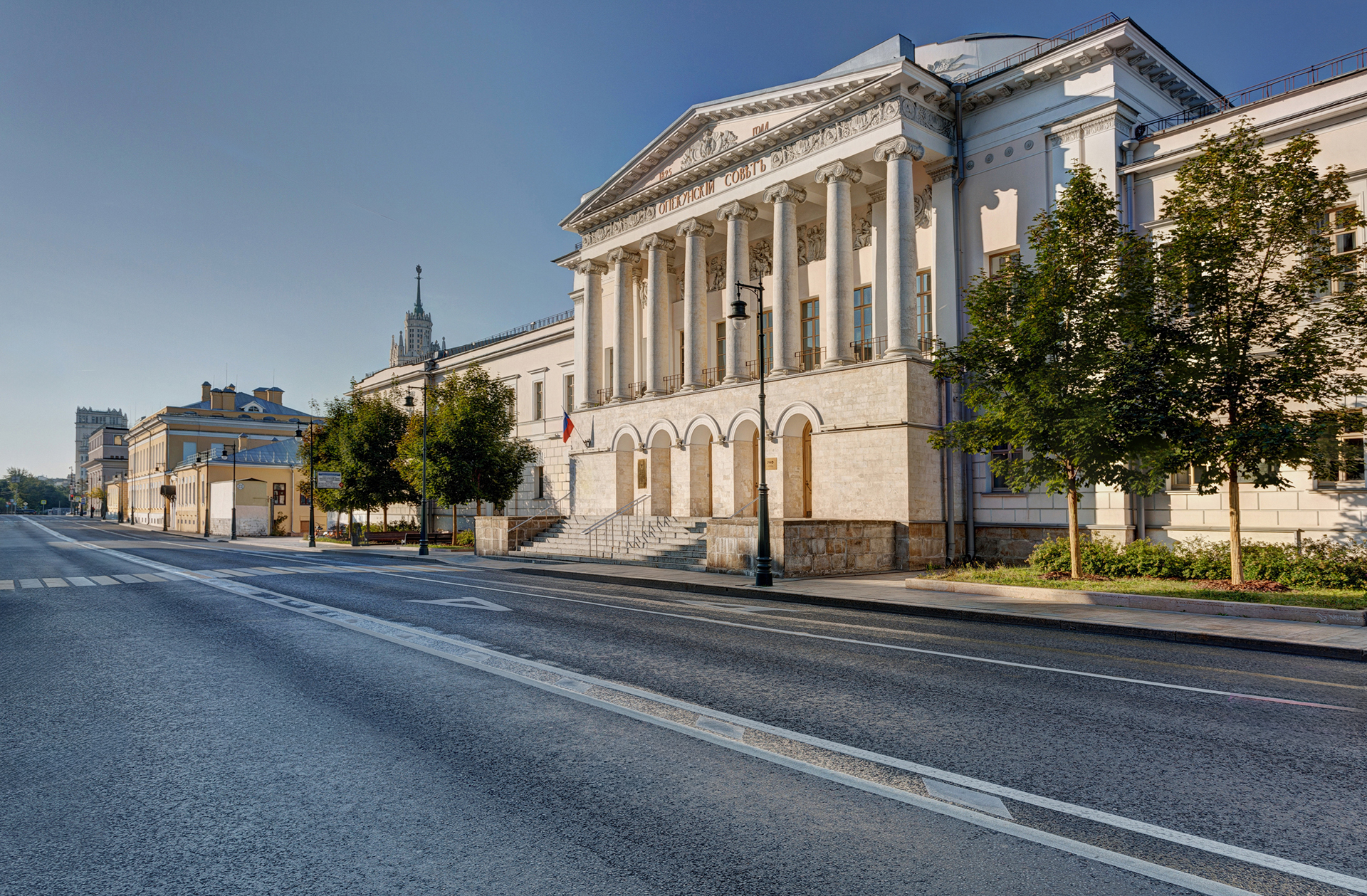
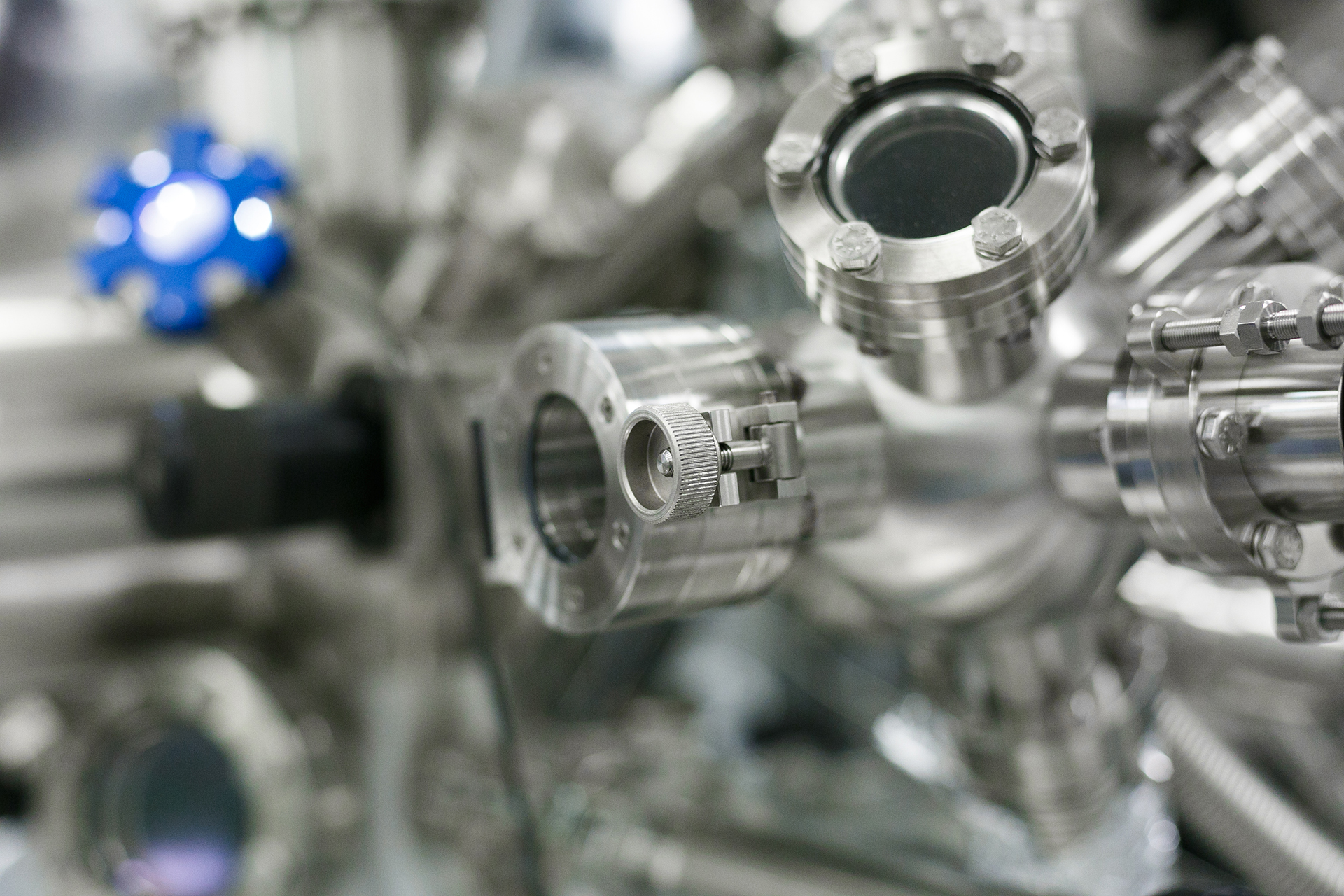
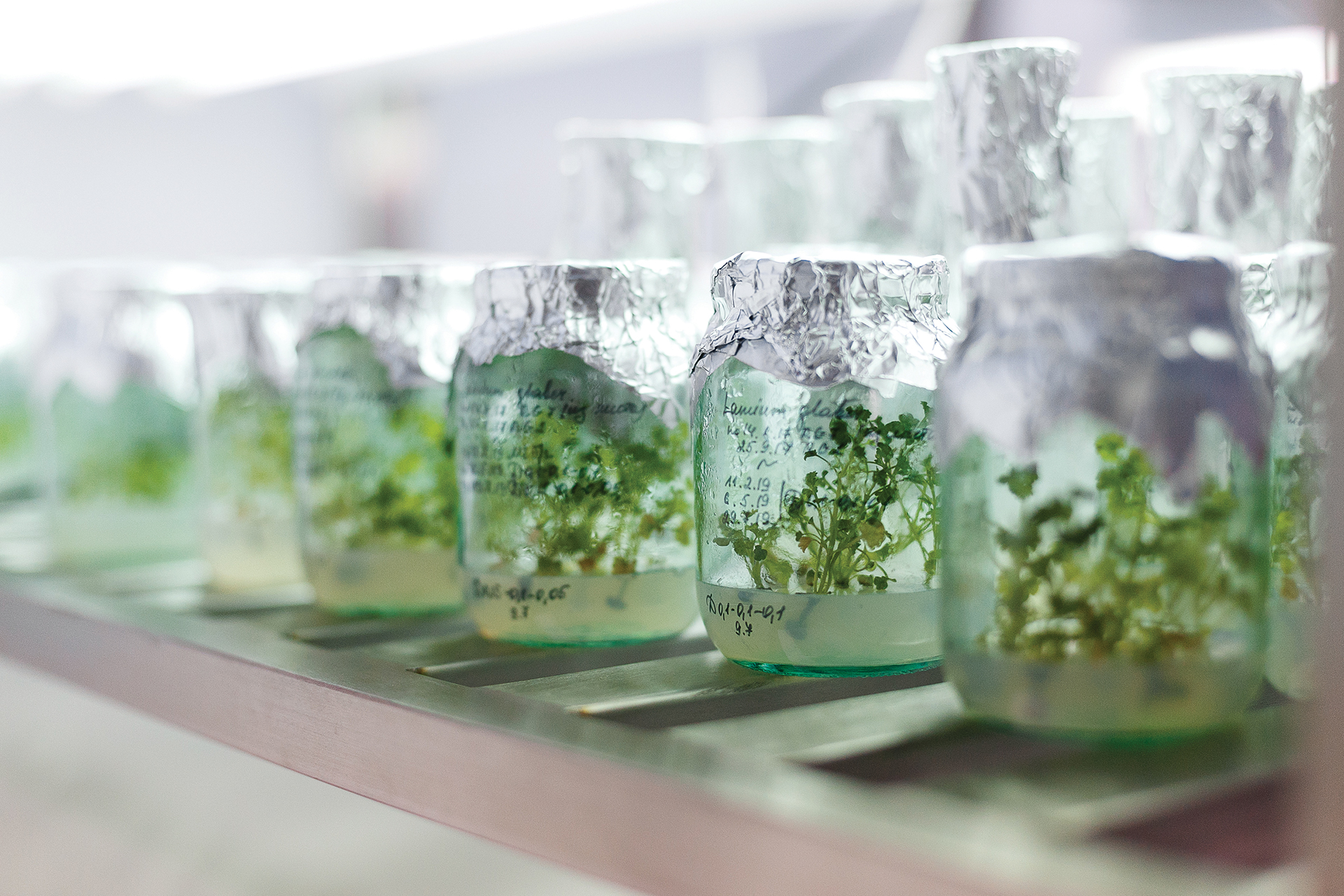
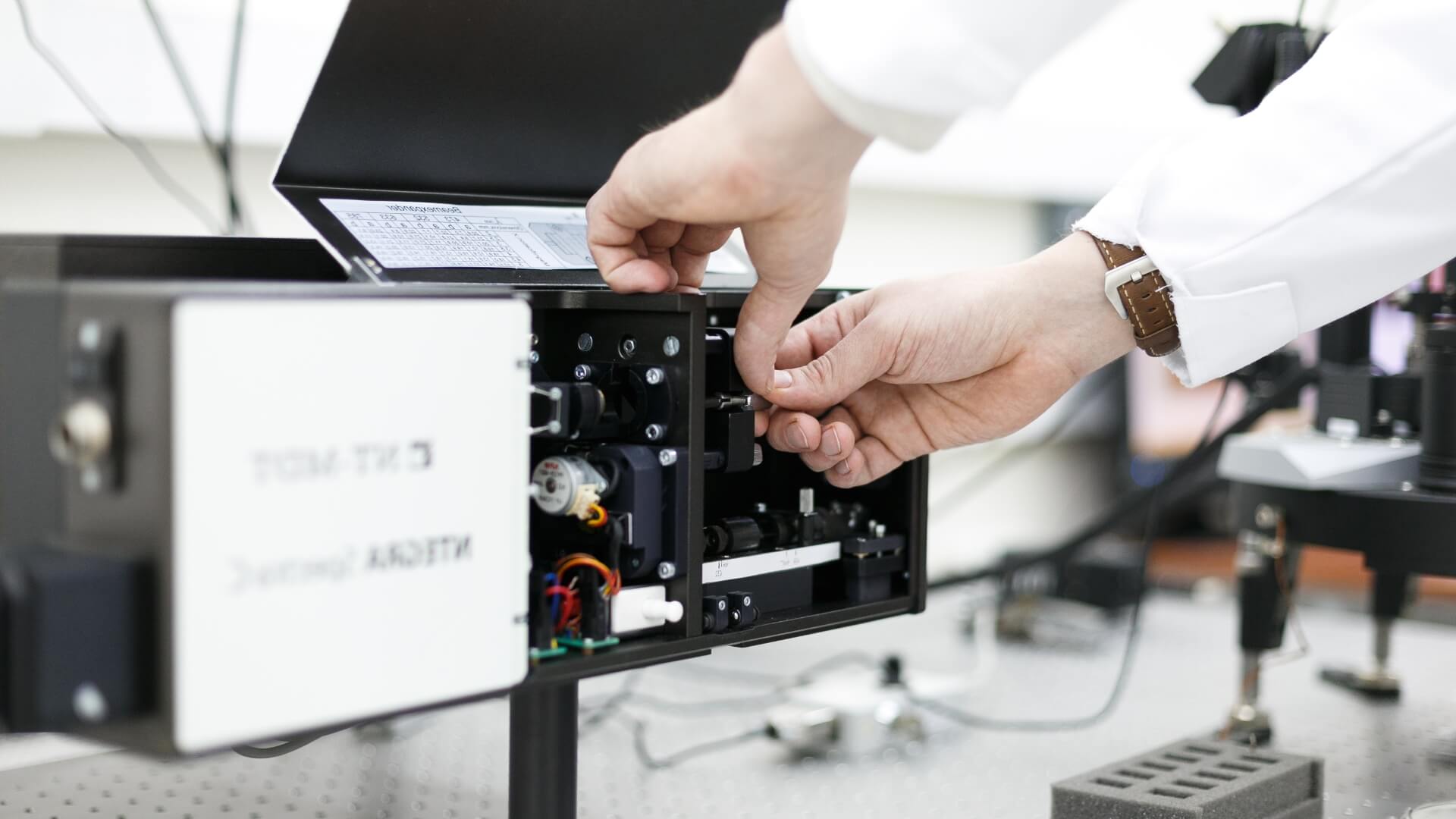
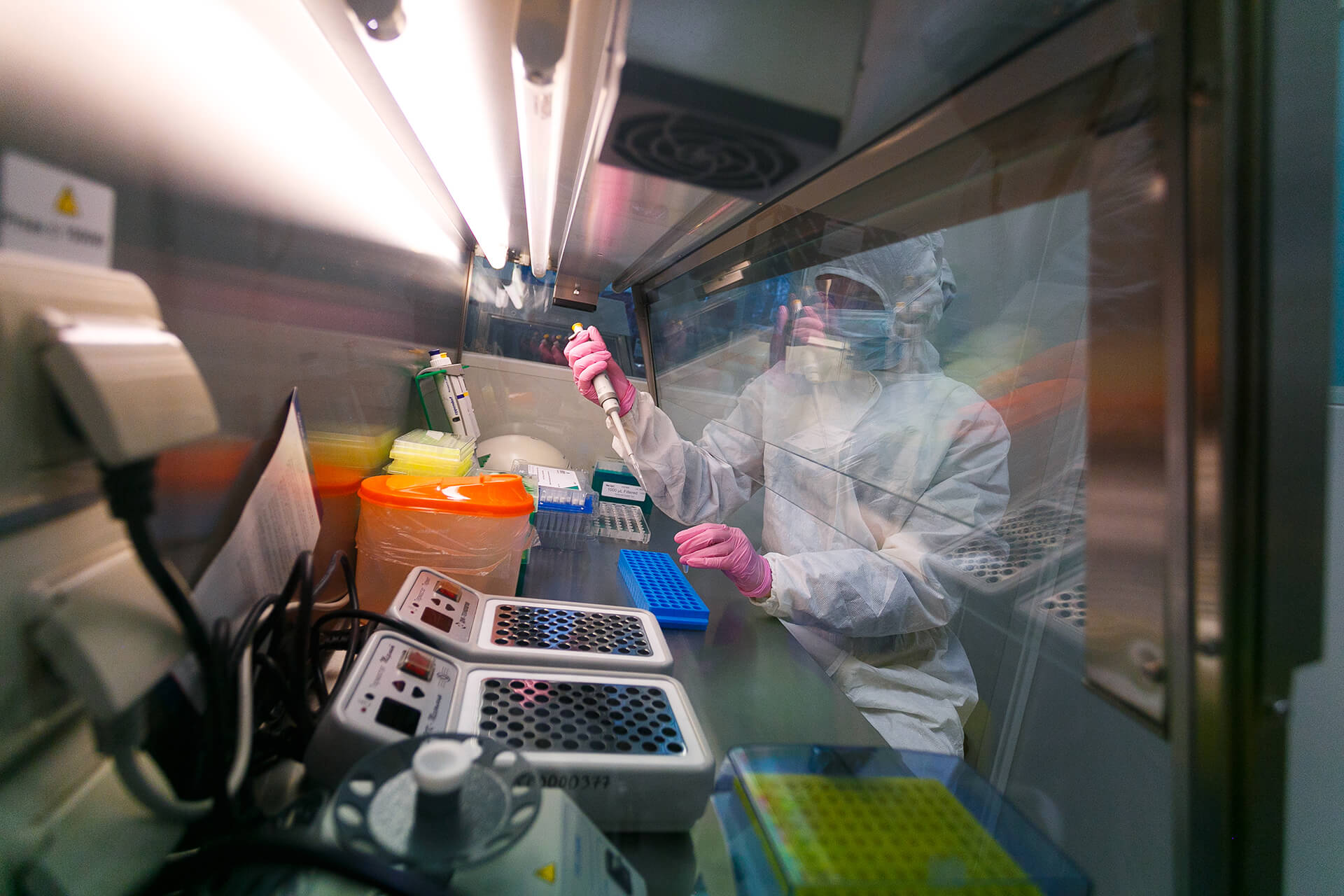
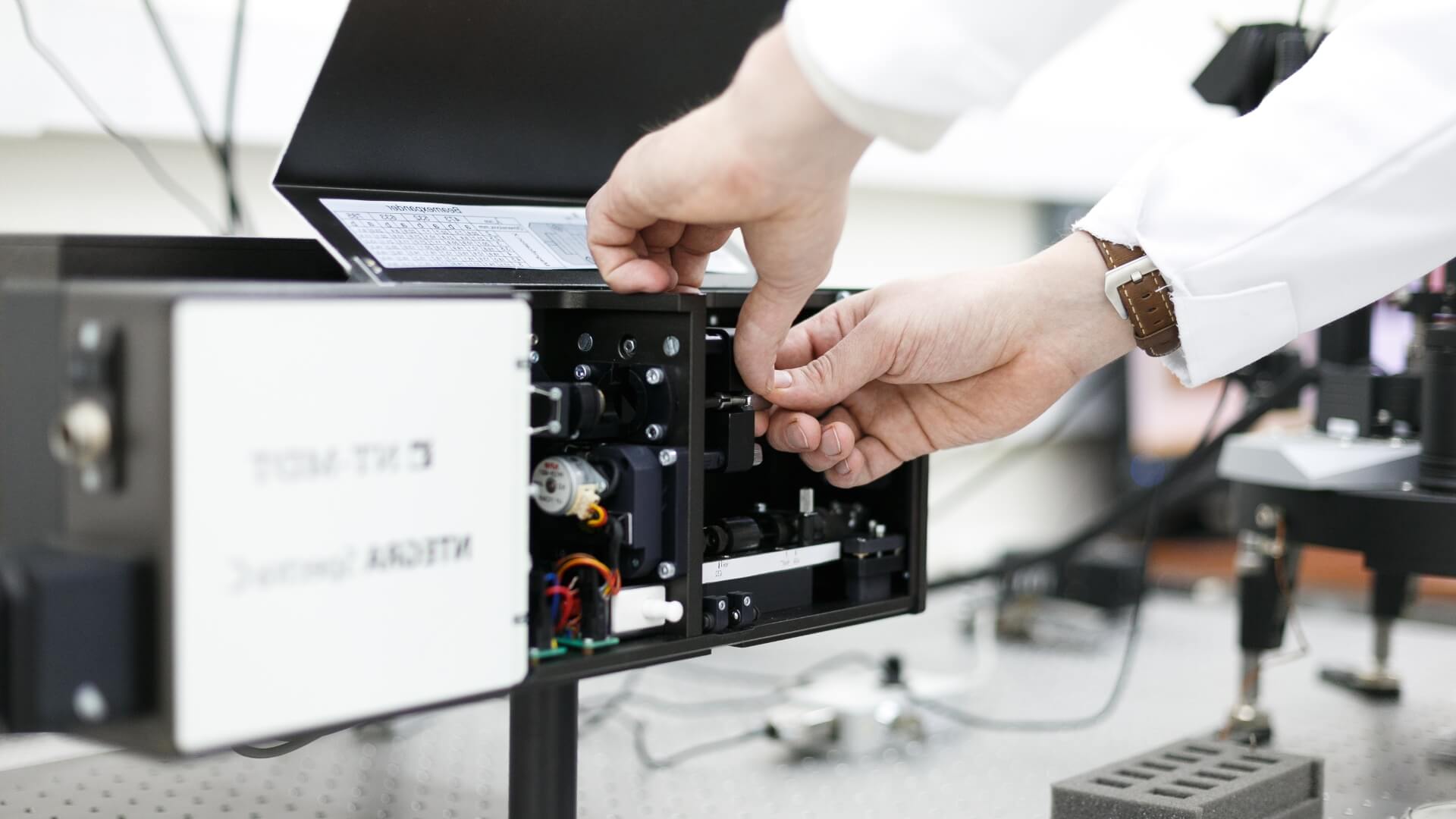
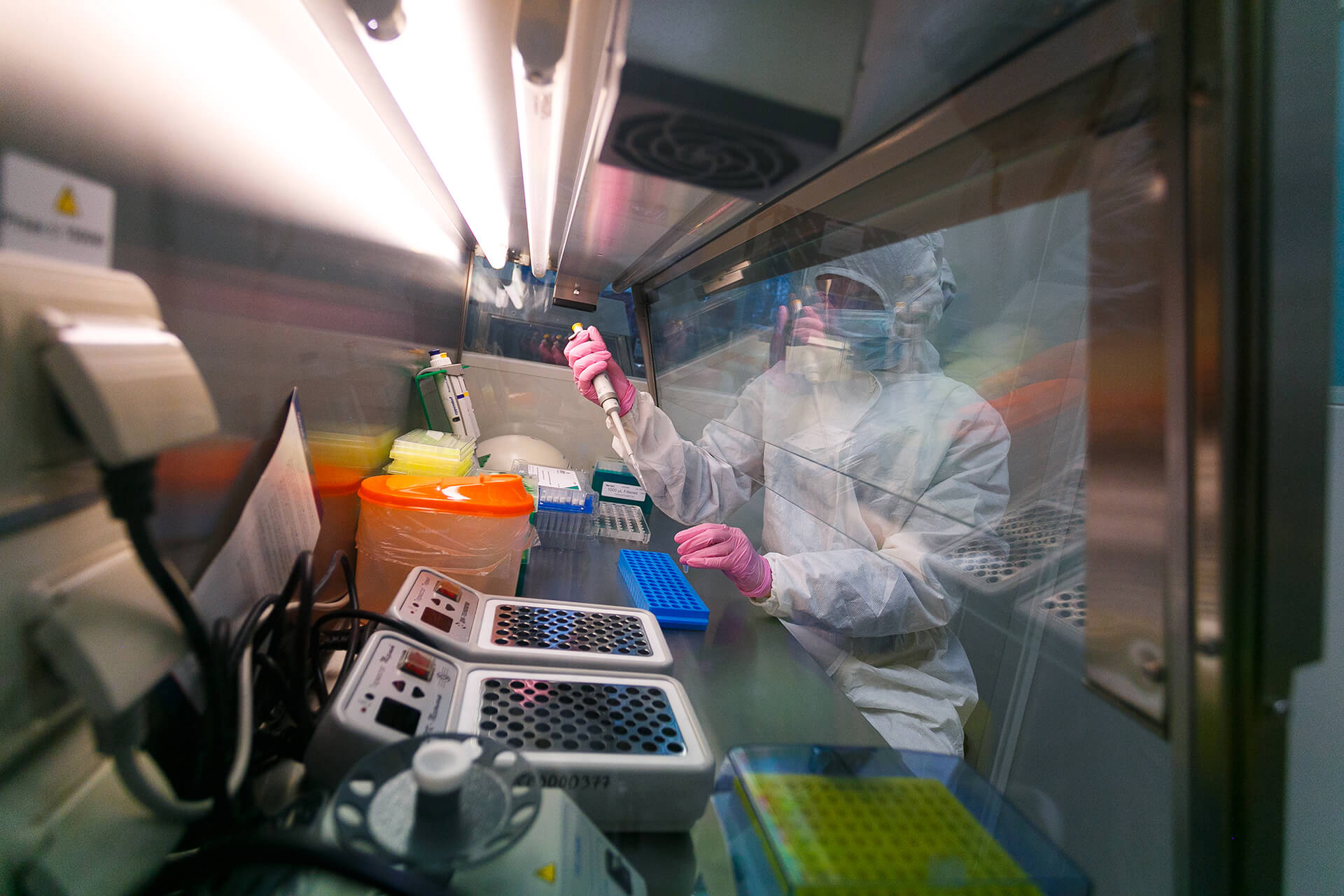
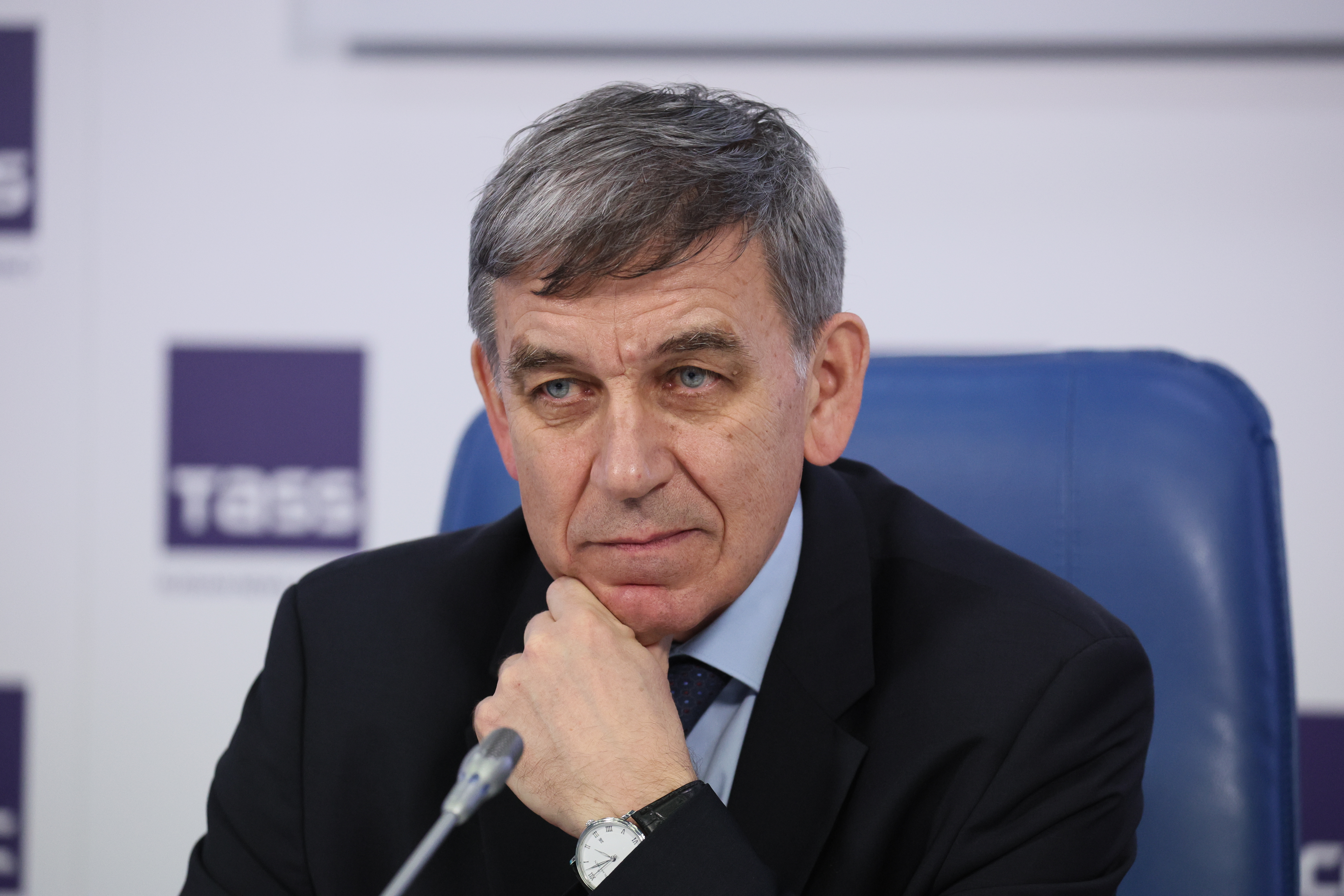
In 2022, the amount of funding for 8 200 projects amounted to 32.4 billion Russian rubles (appx.US$ 463 million), 53 400 scientists from 708 organizations were engaged in the RSF-funded research. As a result of their activities in the past year, some 20 800 publications were published in leading academic journals.
In 2022, 12 calls for proposals were released. More than 4 000 external reviewers assessed applications submitted. As a result, out of 18 900 applications submitted some 4 900 new projects from 699 host organizations located in 80 regions across Russia were awarded. The success rate on average stood at 26%.
With regards to the number of applications submitted, research organizations from the Central Federal District (35.9%), Siberian Federal District (15.6%) and Northwestern Federal District (15%) topped the list. In 2022, scientists from a mere 23,6% of the research performing organizations in Russia applied for grants to the Russian Science Foundation.
Researchers from Siberian Federal District have again taken a confident leading position in terms of the number of RSF grant applications submitted to the number of R&D organizations located in the region. Research in Siberia also outperformed other regions in terms of the number of RSF grants they received to the number of R&D personnel in the region.
Traditionally, the largest number of awards in 2022 was in engineering sciences (17,5%), chemistry and materials sciences (17%), followed by physics (12,6%).
In terms of the number of project awards in 2022, the leaders were Lomonosov Moscow State University (7%), St. Petersburg State University (4.3%), ITMO university (1.8%), Kazan Federal University (1.5%), HSE university (1.5%), Moscow Institute of Physics and Technology (1.4%), Ural Federal University (1.5%), Tomsk State University (1.3%), Institute of Applied Physics RAS (1.3%) and MISIS university (1,2%).
In 2022, despite the global turbulence RSF grantees continued to publish their results in high-profile academic journals and participated in influential international research collaborations.
“I am proud to announce that 37,8 % of the RSF-funded research output is published in the first quartile journals. This is not just another operational metric improvement over the past year, it is a figure previously unimaginable for Russian science, and we are grateful to Russian scientists who managed to properly position themselves in the global science,” RSF Director General Alexander Khlunov said during the special press-conference on April 13.
Furthermore, Alexander Khlunov spoke in detail about the portrait of the average PI and team member of the typical RSF-funded project. Thus, about 70% of the team members funded by the RSF are young researchers under 39 years old. More than 40% of the PIs do not have academic degree. 30% of all RSF PIs represent female scientists.
28% of the RSF-funded publications in 2022 are result of the international collaborations. This is higher than the average Russian level and corresponds to the RSF indicators of previous years. RSF-funded research teams have collaborated mostly with scientists from US, Germany, China, France UK and Italy.
The RSF continued to encourage international research cooperation. The Foundation participates in a number of bilateral funding schemes that help outstanding Russian researchers participate in collaborative research projects with their top international peers. In 2022, the RSF provided funding for 167 international collaborative projects in the total amount of US$ 14,3 million. The Foundation has expanded its position in in the CIS region and Asia, mainly thanks to the partnerships with China, India and Belarus.

